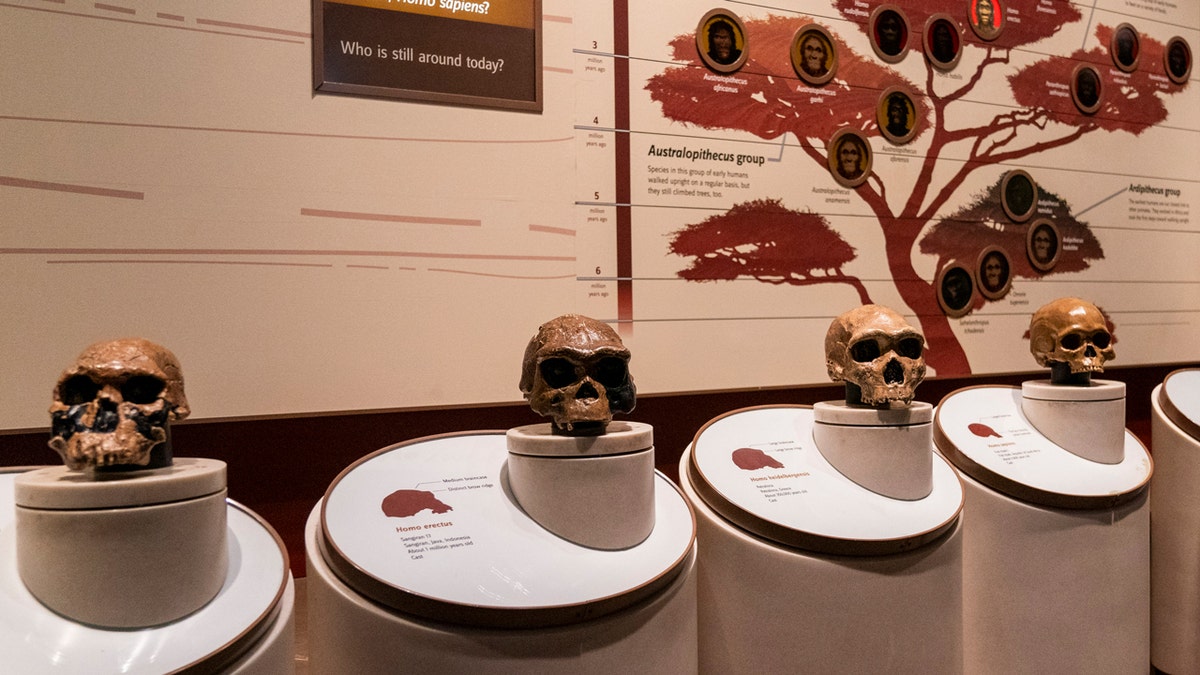- A new study links a particular gene and a variant protein that is found only in humans with the origins of spoken language.
- Researchers used CRISPR gene editing to replace the new protein found in mice for the type that is exclusively in humans, and changed the way animals were vocalized when they were called to each other.
- The author of the study, Dr. Robert Darnell, hopes that recent work can lead to new ways of dealing with problems related to speech.
Why did humans start talking? Scientists suggest that genetics played a great role, and say that the evolution of this unique ability was key to our survival.
A new study links a particular gene to the ancient origins of spoken language, proposing that a protein variant that is found only in humans has helped us to communicate new. The speech allowed us to share information, coordinate activities and transmit knowledge, giving us an advantage over extinct cousins such as Neanderthals and Denisovans.
The new study is “a good step to start looking at specific genes” that can affect the development of speech and language, said Liza Finestack at the University of Minnesota, who did not participate in the research.
Archaeologists discover the old “city of the dead” in Italy: “perfectly preserved”
What scientists learn can someday even help people with speech problems.
Researchers at the genetic variant were looking at one of the genes “who contributed to the emergence of Homo Sapiens as a dominant species, which we are today,” said Dr. Robert Darnell, author of the study published on Tuesday in the journal Nature Communications.
Skull distributions are seen within an exhibition of early human species in Smithsonian’s human origin room on July 20, 2023 at the Smithsonian Natural History Museum in Washington. (AP Photo/Jacquelyn Martin, file)
Darnell studies the protein, called Nova1 and known for being crucial for brain development, since the early 1990’s. For the latest research, scientists in their laboratory at Rockefeller University of New York used the edition of CRISPR genes to replace the new protein in mice1 for the exclusively human type to test the effects of real life from the genetic variant. To his surprise, he changed the way animals vocalize when they were called.
Baby mice with the human variant were crushed differently than normal rubbish when their mother arrived. Adult male mice with the variant fired differently than their normal counterparts when they saw a female in the heat.
Both are parameters where mice are motivated to speak, Darnell said, “and spoke differently” with the human variant, illustrating their role in speech.
“Dragon Man” stated as potential new human species after China’s skull analysis
This is not the first time a gene has been linked to speech. In 2001, British scientists said they had discovered the first gene linked to a language and speech disorder.
Called Foxp2, it was known as the gene of human language. But although Foxp2 is involved in human language, it turned out that the variant of modern humans was not unique to us. Later investigations found that it was shared with Neanderthals. Darnell said that the New1 variant in modern humans, on the other hand, is found exclusively in our species.
The presence of a gene variant is not the only reason that people can speak. Capacity also depends on things like the anatomical characteristics of the human throat and the areas of the brain that work together to allow people to speak and understand language.
Click here for Fox News App
Darnell hopes that recent work will not only help people better understand their origins, but also leads to new ways of dealing with problems related to speech.
The end of the University of Minnesota said that genetic findings are more likely to allow scientists to detect, very soon in life, who could need speech and language interventions.
“It is certainly a possibility,” he said.
#Scientists #link #gene #appearance #spoken #language
Image Source : www.foxnews.com
